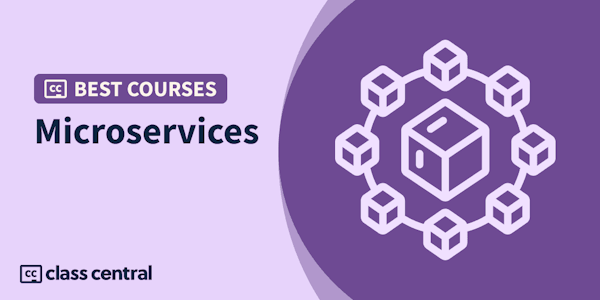Welcome to the second course in the Building Cloud Computing Solutions at Scale Specialization! In this course, you will learn to design Cloud-native systems with the fundamental building blocks of Cloud computing. These building blocks include virtual machines and containers. You will also learn how to build effective Microservices using technologies like Flask and Kubernetes. Finally, you will analyze successful patterns in Operations including: Effective alerts, load testing and Kaizen.
This course is ideal for beginners as well as intermediate students interested in applying Cloud computing to data science, machine learning and data engineering. Students should have beginner level Linux and intermediate level Python skills. For your project in this course, you build a containerized Flask application that is continuously deployed to a Cloud platform: Amazon Web Services (AWS), Azure or Google Cloud Platform (GCP).
Overview
Syllabus
- Getting Started with Cloud Building Blocks
- This week, you will learn how to access the free tiers of three Cloud environments. If you are joining after completing the first course in this Specialization, this will already be familiar to you. You will then have an opportunity to review the details of the final project in this course: Creating a containerized Flask application that is continuously deployed to a Cloud platform. Each week, you will learn and build upon key Cloud development skills to prepare you for this final course project.
- Virtualization and Containers
- This week, you will learn to evaluate the correct workflows for virtual machines and containers and how to choose the appropriate solution for the task at end. You will also learn about the powerful container management service: Kubernetes. You will apply this knowledge to create a containerized web service and deploy it to a managed container service.
- Microservices
- This week, you will learn to build effective Microservices that comply with DevOps best practices. You will also learn to operationalize Microservices using Continuous Delivery. You will apply this knowledge to create an effective Microservice using AWS Lambda.
- Operations
- This week, you will learn to effectively perform Operations. This involves mastering Monitoring and Alerts. A key question about Monitoring and Alerts is what to do when they occur. This question is handled in the following lesson. You will learn how load testing can prevent issues before they arise. Finally, the topic of Kaizen, or continuous improvement, is tackled. All of the topics this week are components of DevOps best practices.
Taught by
Noah Gift





